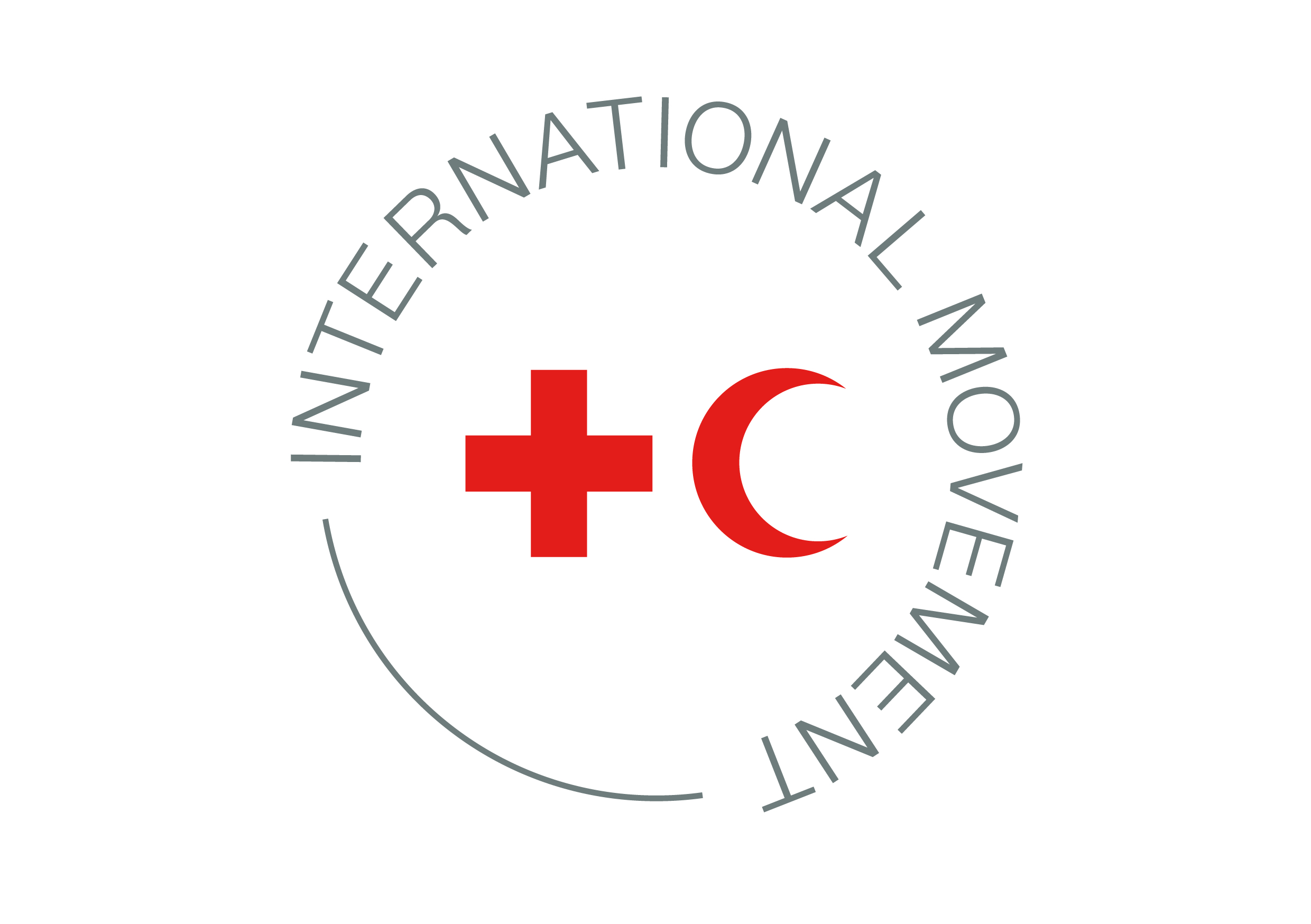A) Objectives of the pledge:
The EU and its Member States are convinced that national implementation and enforcement of international humanitarian law and other relevant legal instruments which have an impact on international humanitarian law are of great importance and fall under states’ responsibilities.
In line with the EU guidelines on promoting compliance with IHL, the EU Member States pledge:
– to work towards further participation in the principal international humanitarian law instruments and other relevant legal instruments which have an impact on international humanitarian law by considering ratification of those instruments to which they are not yet all party, including
– the 2006 Convention for the Protection of All Persons from Enforced Disappearance;
– the Additional Protocol III to the Geneva Conventions;
– The Hague Convention for the Protection of Cultural Property in the Event of Armed Conflict;
– The [First] Protocol to The Hague Convention for the Protection of Cultural Property in the Event of Armed Conflict;
– The Second Protocol to The Hague Convention for the Protection of Cultural Property in the Event of Armed Conflict;
– Protocol V to the 1980 Convention on Prohibitions or Restrictions on the Use of Certain Conventional Weapons which May Be Deemed to Be Excessively Injurious or to Have Indiscriminate Effects;
– The Convention on the prohibition of military use of environmental modification techniques.
In order to improve implementation of international humanitarian law at national level the EU and its Member States pledge:
– to support states in their efforts to adopt relevant national legislation pertinent to their international humanitarian law obligations.
The EU welcomes the entry into force of the Arms Trade Treaty in December 2014. It promotes its effective implementation, which notably applies to the IHL related provisions of the Treaty by states parties.
Against this background, the EU and its Member States pledge:
– to continue its efforts towards effective implementation and universalisation of the Arms Trade Treaty;
– to work for robust and transparent reporting in accordance with the object and spirit of the treaty;
– to fully apply – at its domestic level – the IHL related provisions of the Arms Trade Treaty consistently with its own principles regarding respect for IHL in arms transfers as enshrined in EU Common Position 2008/944/CFSP on arms export control.
B) Action plan:
N/a
C) Indicators for measuring progress:
N/a
D) Resource implications:
N/a

